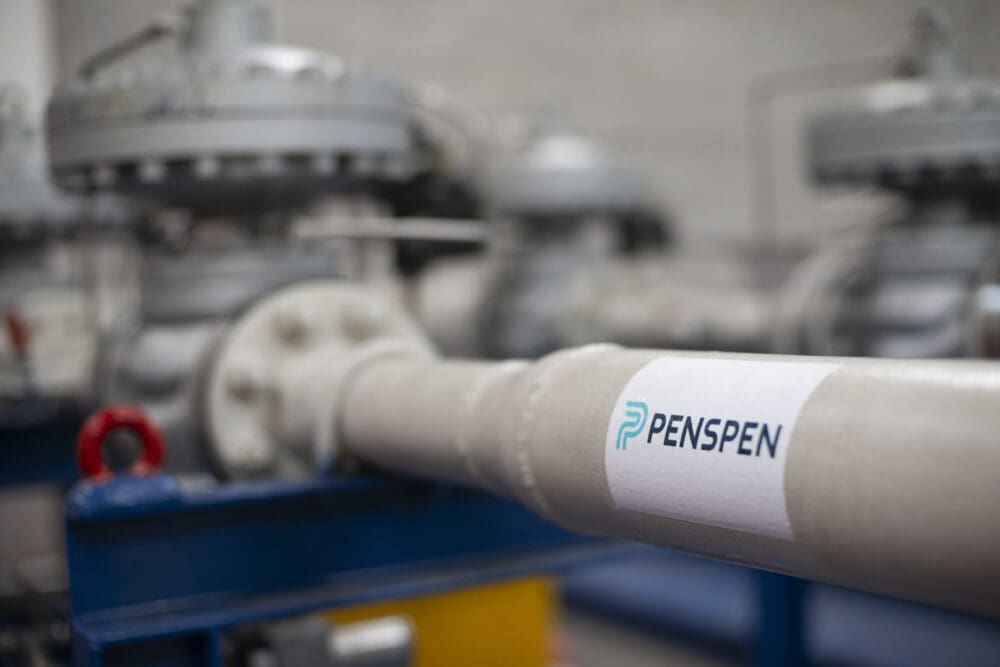Download COP28 - Energy Highlights
"*" indicates required fields
COP28 – Energy Highlights
COP28 saw more than 100 countries, 50 oil and gas companies, 6 associations and over 35 companies from industry, finance institutions and high-level leaders come together to collectively commit to a cleaner energy future. Penspen recognise the pivotal role that energy industry leaders play in shaping the future of more sustainable business practices, and we were proud to be supporting Dar, our Group colleagues and leading sponsors of COP28 during the conference, through subject matter expertise on the topic of decarbonisation.
Complete the form to download the energy highlights.
Decarbonisation of Energy Demand
Facilitated by Penspen CEO Peter O’Sullivan, the Decarbonisation of Energy Demand panel.
While green hydrogen has immense potential, there are also challenges to overcome, such as the cost of production, infrastructure development, and ensuring the sustainability of hydrogen production methods. However, with continued research, innovation, and investment, green hydrogen can play a pivotal role in shaping a more sustainable and environmentally friendly built environment.
Peter was joined by other subject matter experts, Matt Cummings, CEO, TYLin; Darren Bartlett, Global Energy Transition Director, Penspen; Balsam Nehme, Head of Sustainability, Dar, and Hadi Akiki, Director of Electrical, Dar.
VIEW THE DISCUSSIONInfastructure for Future Flight
Also featuring Peter O’Sullivan was the Dar-facilitated panel on Infrastructure for Future Flight.
The aviation sector is a critical contributor to global carbon emissions, accounting for approximately 2% of total emissions, the majority of which is attributed to propulsion. Technological advancements, such as the development of more fuel-efficient aircraft, the use of sustainable aviation fuels (SAFs), and the exploration of electric and hydrogen-powered aircraft, offer promising opportunities for reducing emissions.
The panel explored:
- The impact of the decarbonization and energy transition on airports
- The role that airlines can play in enabling the transition of airport energy infrastructure onto a zero emissions trajectory
- The role and future of airlines and fleets
- Decarbonizing airport buildings and facilities, land transportation, air-service vehicles and airport operations as well as aircraft fuel infrastructure.
Questions? Get in Touch With Our Energy Transition Team
"*" indicates required fields






